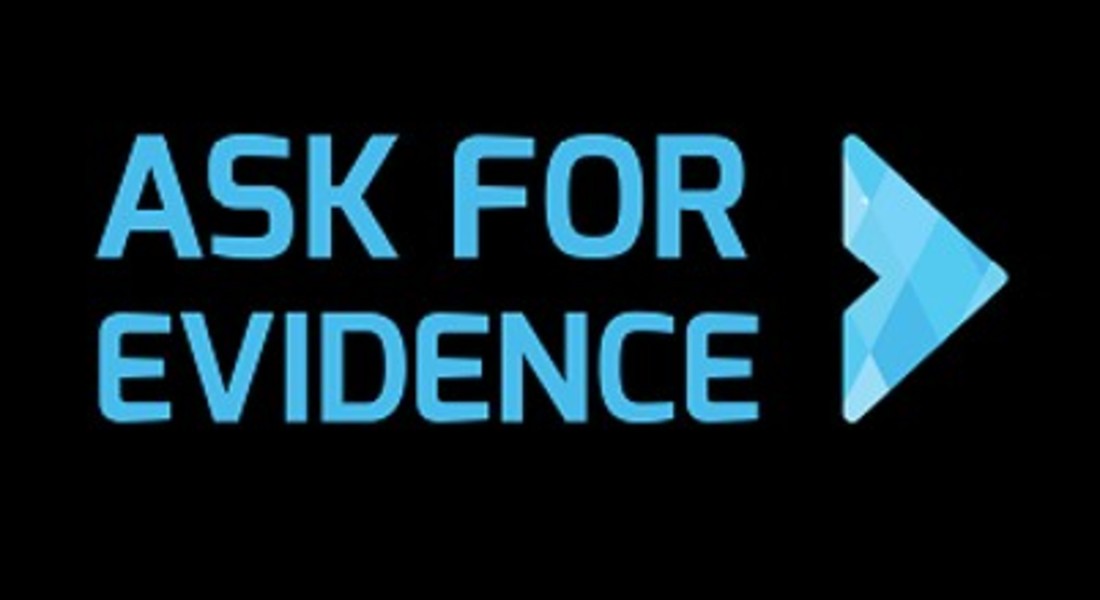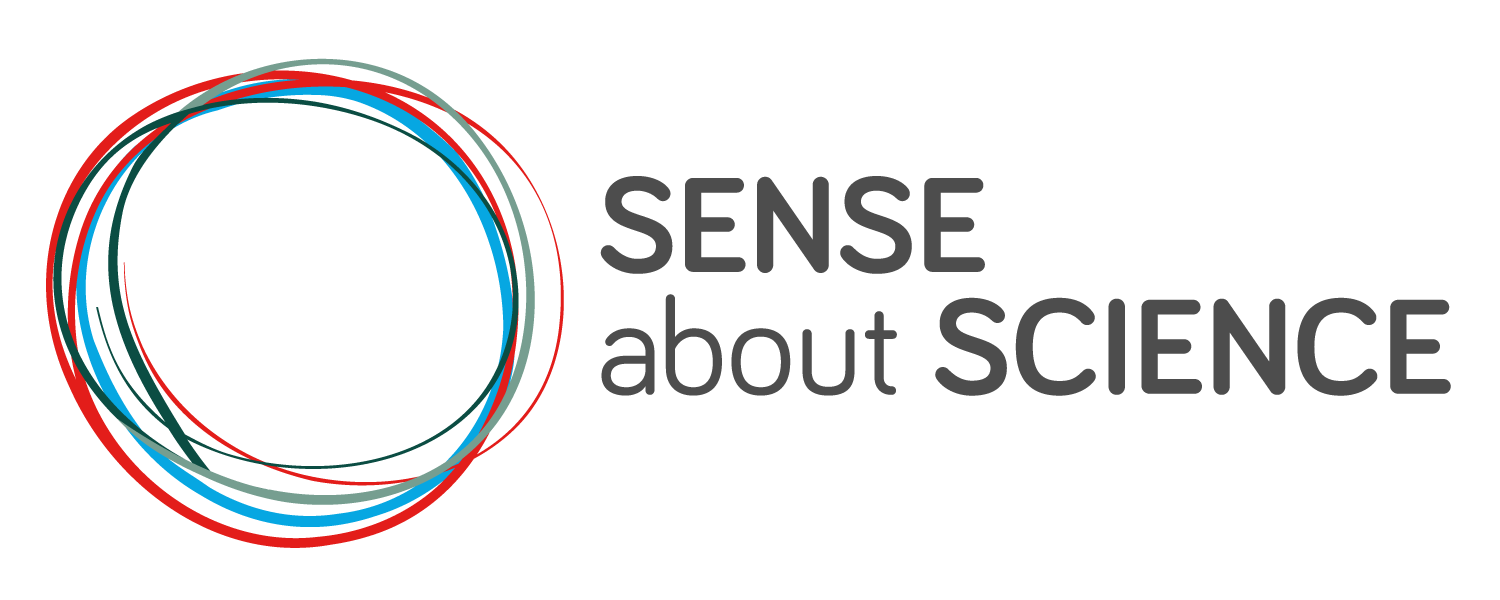We use cookies to help provide you with the best experience using our website.
If you're happy to accept cookies, continue to browse our site or click 'x' and we'll close this message.
Learn more
Science in Parliament - Ask For Evidence
Every day, we hear claims about what is good for our health, bad for the environment, how to improve education, cut crime, and treat disease. Some are based on reliable evidence and scientific rigour. Many are not. Where there is regulation of misleading information, in advertising or trading standards for example, regulators are overworked and overwhelmed removing claims and making corrections. With small tweaks, the same claims crop up again and again and every time one is debunked another pops up – like a game of whack-a-mole.
What are groups like patient support forums supposed to do when people pose as members to promote unproven treatments – police every post made on their forums? That probably wouldn’t work, even if we wanted it to. Surely the only way is to immunise people against misleading information.
So how can we make companies, politicians, commentators and official bodies accountable for the claims they make? If they want us to vote for them, believe them, or buy their products, then we should ask them for evidence, as consumers, patients, voters and citizens. If we don’t ask for evidence, people and companies will get away with making misleading claims.
At Sense About Science we know the cost of false claims. Take the husband of a multiple sclerosis sufferer who told us that he wished he’d known the questions to ask a clinic offering unproven stem cell treatments. He might have spent the thousands of pounds, and the last few months of his wife’s life, on a holiday instead of chasing false hope.
We’ve launched an Ask for Evidence campaign to encourage everyone, every consumer, citizen and patient, to ask for evidence on claims they encounter. This is Sense About Science working with the public, to park their tanks on the lawn of those who seek to influence us. And it's starting to work.
The campaign has seen people ask a retail chain for the evidence behind its MRSA resistant pyjamas; ask a juice bar for the evidence behind wheatgrass detox claims; ask the health department about rules for Viagra prescriptions; ask for the studies behind treatments for Crohn's disease, and hundreds more. As a result, claims are being withdrawn, bodies held to account and those who are championing the good use of evidence are being held up as examples to the rest.
I
Sometimes evidence isn’t clear cut. In fact it’s pretty common for there to be some degree of uncertainty. Network Rail was asked for evidence about a pilot they were planning to launch to see if installing blue lights in stations could reduce suicides. Network Rail was open and honest about the gaps in the evidence. They responded that although there were significant questions around the original research on which they were basing these pilots – including whether they accounted for suicides that occurred during the daytime when the lights might not have been on – the intervention was relatively cheap and based on robust evidence about blue light affecting mood. Network Rail was keen to test whether blue lighting could have any effect on what is a significant problem on our rail network. It was great to see a company happy to have a conversation about what the evidence does and doesn’t tell us.
It has been fascinating to see what issues people care about, from nappies to railways, weightloss pills to national policies on agriculture. When you start from a position of what people care about, it’s a relatively simple step for people to be enthused about discussing
The more people ask for evidence, the more people expect to be asked. And that’s a good thing because it’s in the public interest to be spending public money in a way that is based on the best available evidence. Or at least taking account of what the evidence says.
Dr Chris Peters is the scientific liaison at Sense About Science and coordinates the Ask for Evidence campaign which seeks to raise the level of expectation for evidence society.
This article appeared originally in Science in Parliament at www.scienceinparliament.org.uk.





